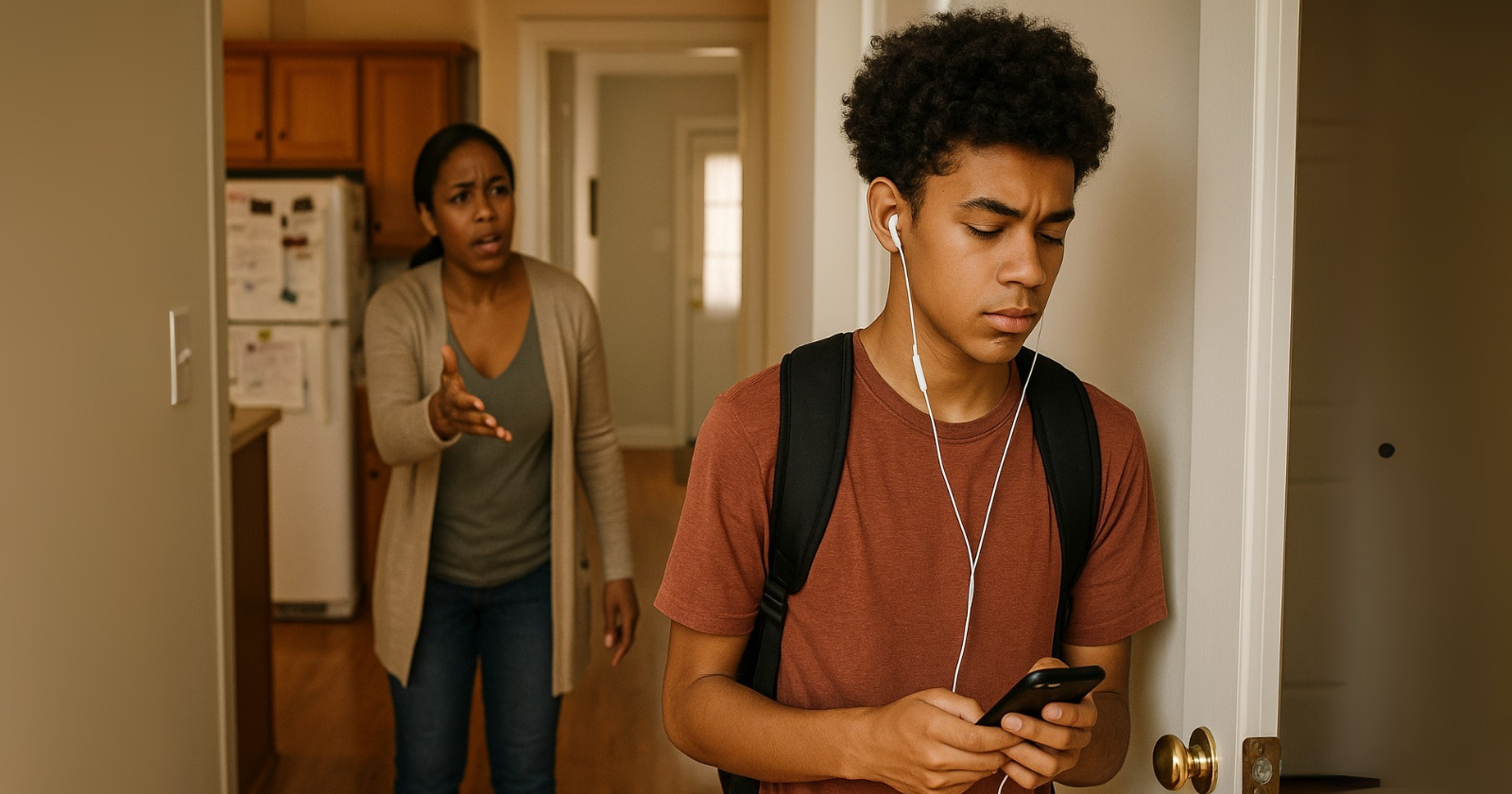Let’s be honest—none of us set out to hurt our kids’ confidence.
We love them fiercely. We cheer at soccer games, read bedtime stories, and would move mountains to protect them.
But sometimes, the things we think are helping can quietly chip away at their self-esteem over time.
As a dad of two young kids, I’ve seen how easy it is to fall into these traps. Parenting is busy, messy, and full of moments where we just react. But awareness changes everything.
Here are eight common habits that can undermine a child’s confidence—and what to do instead.
1) Doing things for them that they can do themselves
It’s faster, cleaner, and sometimes feels like love. But when we constantly step in to tie their shoes, pack their bag, or pour their cereal, we send the message: I don’t trust you to handle this.
Confidence grows from competence. Kids need to experience that “I did it myself” spark.
Even small victories—zipping a coat, spreading peanut butter, remembering a library book—build a foundation of self-trust.
When my daughter Elise was three, she begged to help pour her milk. I hesitated (we’d just cleaned the floor), but I let her try. She spilled, sure.
But the look on her face when she wiped it up and poured the rest herself? Pride. And that pride is where confidence begins.
2) Praising outcomes instead of effort
We all love to see our kids succeed. But when praise only comes after achievement—“You got an A!” or “You won the race!”—it teaches them that their worth depends on results.
Related Stories from The Artful Parent
- 8 things about your father you won’t understand until you watch him become a grandfather
- Psychology says people who grew up in the 1960s and 70s developed these 9 resilience traits that younger generations lack
- People who stayed close to their parents into adulthood usually had childhoods with these 8 things in common
Psychologist Carol Dweck, who coined the concept of the “growth mindset”, found that children praised for effort develop more resilience than those praised for talent.
They’re more willing to take risks and less afraid of failure.
Try shifting from “You’re so smart” to “You worked really hard on that.” It seems small, but it changes how they see success. Effort becomes something to be proud of, not just the outcome.
When kids internalize that their actions matter, not just their wins, their confidence becomes steady instead of fragile.
3) Rescuing them from every mistake
It’s hard to watch your child struggle. Every instinct tells you to fix it—to email the teacher, step in with the friend drama, or reassemble that failed LEGO tower.
But as child psychologist Dr. Wendy Mogel reminds us, “We are meant to be our children’s shelter, not their shield.”
- When a cat slowly blinks at you, it’s not random — animal behaviorists explain what they’re actually communicating - Global English Editing
- 9 things only the daughter who lived closest to aging parents understands about what “helping out” actually costs - Global English Editing
- 8 traits of old soul bloggers who build something lasting - The Blog Herald
If we always swoop in, kids miss the chance to learn problem-solving, resilience, and recovery. A scraped knee teaches balance. A tough grade teaches accountability.
When Elise gets frustrated with a puzzle, I’ll sit beside her, but I don’t touch the pieces. I just ask, “What could you try next?”
She’ll usually find her own way—and that’s the moment her self-belief grows stronger than any praise I could give.
4) Using comparison as motivation

“You’re so much better than your brother at this.”
“Your cousin already knows how to read.”
We might mean it as encouragement—but to a child, comparison sounds like judgment. It tells them love and approval are conditional.
Kids develop confidence through connection, not competition. When we measure them against others, they learn to chase validation instead of self-worth.
A better approach is to compare them to themselves. “Remember last month when this was tricky? Look how much better you are now.”
It shifts their focus from being the best to doing their best. That’s the mindset that lasts.
5) Dismissing their emotions
I’ve caught myself doing this, especially on rushed mornings.
Elise might cry about not wanting to wear socks, and I’ll say, “It’s not a big deal—just put them on.”
But to her, it is a big deal. Dismissing feelings teaches kids to question their own experiences and hide their emotions to avoid rejection.
Emotional validation doesn’t mean agreeing with every meltdown. It just means acknowledging what’s real for them.
Try saying, “I can see you’re upset about that” or “That must feel frustrating.”
As noted by the American Psychological Association, validating a child’s emotions fosters stronger self-esteem and emotional regulation.
When kids feel understood, they develop trust—not just in us, but in themselves.
6) Overcontrolling every choice
Micromanaging kids—what they wear, eat, or play with—often comes from love. We want to help them make good choices.
But when every decision is made for them, they don’t get the practice they need to build autonomy.
Confidence comes from having a voice.
Let them choose between two breakfast options or pick their bedtime story. The choices might be small, but they teach ownership.
When kids feel capable of making decisions, they internalize the message: My voice matters.
And that belief is one of the strongest predictors of lifelong confidence.
7) Criticizing more than connecting
I’ll be honest—this one stings.
There are days when I’m tired, the toddler’s crying, and my patience is thin. It’s easy to slip into a pattern of correction: “Don’t touch that,” “Stop yelling,” “You’re making a mess.”
But too much correction without connection erodes confidence. Kids start to hear one message on loop: I’m always doing something wrong.
Try balancing every correction with a genuine connection.
A quick hug. A smile. A “Hey, I love how you’re trying.”
It doesn’t mean ignoring misbehavior. It means remembering that kids learn best when they feel safe, not shamed.
Parenting expert Dr. Becky Kennedy calls this “firm and kind.” Boundaries with empathy.
Correct the behavior, not the person. That’s how confidence survives discipline.
8) Ignoring your own self-talk in front of them
Here’s something most of us don’t realize: kids learn how to talk to themselves by listening to us.
When they hear, “Ugh, I’m so stupid” or “I look terrible today,” they internalize that inner voice. They think that’s how grown-ups talk to themselves.
Modeling self-compassion is one of the most powerful confidence lessons you can give.
If you make a mistake, say, “That didn’t go how I wanted, but I’ll figure it out.”
If you’re frustrated, “I’m feeling overwhelmed, so I’m going to take a minute to breathe.”
They don’t need perfect parents. They need parents who show that it’s okay to be imperfect—and to recover with grace.
The bottom line
Confidence isn’t something we can give our kids with compliments or pep talks. It’s something they build through experience, trust, and emotional safety.
And while it’s easy to slip into these patterns (believe me, I have), the good news is that repair matters more than perfection.
Every time we listen instead of lecture, guide instead of control, or let them try again after a spill—we’re reinforcing one simple truth:
They are capable.
And that’s the kind of quiet, lifelong confidence that no setback can take away.



